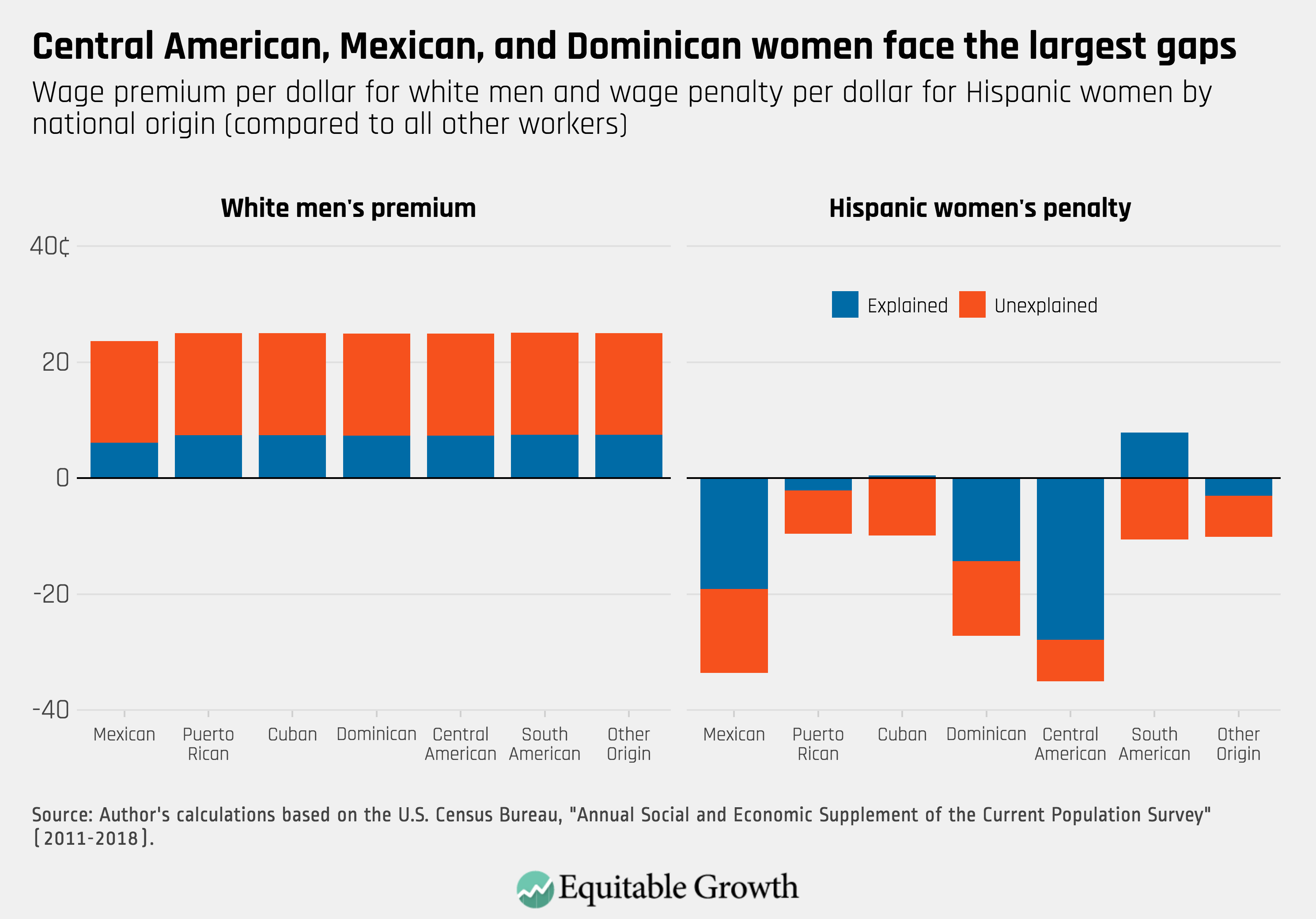Weekend reading: “She works hard for the money” edition
This is a weekly post we publish on Fridays with links to articles that touch on economic inequality and growth. The first section is a round-up of what Equitable Growth published this week and the second is the work we’re highlighting from elsewhere. We won’t be the first to share these articles, but we hope by taking a look back at the whole week, we can put them in context.
Equitable Growth round-up
Equitable Growth’s Alix Gould-Werth rounded up some of the key takeaways from a day-long, Equitable Growth-hosted event that was part of our Paid Leave Research Accelerator project. The piece broke down some of the data surrounding access to paid leave across the United States and touched on the research and administrative data shared by participants. Stay tuned for a comprehensive report that will contain information from each data source so that researchers can access the data needed to help answer questions surrounding paid leave.
In our antitrust and competition blog “Competitive Edge,” featuring leading experts in antitrust enforcement, guest author Jonathan Sallet tackles the Federal Trade Commission’s question of whether the goals of antitrust enforcement in the United States are best pursued by applying the consumer welfare standard and what it means to safeguard “consumer” welfare. Sallet discusses the current standard derived from the University of Chicago and alternative formulations that the Federal Trade Commission heard from scholars this week.
Equitable Growth Economist Kate Bahn and research assistant Will McGrew released their issue brief on the intersectional wage gaps that Latinas in the United States face. Some of their findings include the largest causes for the wage gap for Hispanic women compared to non-Hispanic white men are discrimination, workplace segregation, and education inequality. The issue brief offers the first empirical evidence of a white male premium and Hispanic woman penalty compared to other workers in the U.S. economy.
Brad DeLong rounds up his latest worthy reads on equitable growth from both inside and outside Equitable Growth.
The U.S. Bureau of Labor Statistics on Friday released new data on the U.S. labor market during the month of October. Kate Bahn and Austin Clemens put together five graphs highlighting important trends in the data. They find that wage growth is still low enough to caution against tightening monetary policy and that while education and heath sectors have the strongest job growth, construction and manufacturing are converging back to pre-Recession levels.
Links from around the web
Have your family’s finances improved over the past year? That question might depend on the gender of the person you are asking. Ben Casselman and Jim Tankersley discuss a different type of gender gap—one in which men are 50 percent more likely to think their family’s economic outcomes have improved over the past year and that women are more likely to expect “periods of widespread unemployment or depression” over the next five years. (nyt)
Khalida Ali questions whether employers ceasing to ask for salary history would lead to workers being paid fairly. Ali argues that while it is a step it the right direction, it only solves the issue of initial pay equity, but that many other layers, including systemic racism and prejudice plaguing the financial success and development of those affected, still remains to be solved. (fastcompany)
Heidi Stevens details the story of Jacqueline Priego, who turned her real life experience in the labor market as a Latina into a web series about women navigating workplace discrimination, immigration, and tokenism. Stevens notes that Latinas are over-represented in low-wage jobs and under-represented in high-wage jobs and share frustration that it takes Latinas nearly two years to catch up with what white men earned in 2017. (chicgaotribune)
In recognition of Latina Equal Pay Day, Ludmila Leiva asks ten Latinas to share what they wished they had known at the start of their careers. Many of the stories documented echoed similar sentiments, among them knowing that it is okay to be a voice in the room, needing skills on how to negotiate and manage finances, understanding that there are bigger forces against an individual regardless of how hard they work, and simply lack of access to information. (refinery29)
Friday Figure

Figure is from Equitable Growth’s “The intersectional wage gaps faced by Latina women in the United States.”

